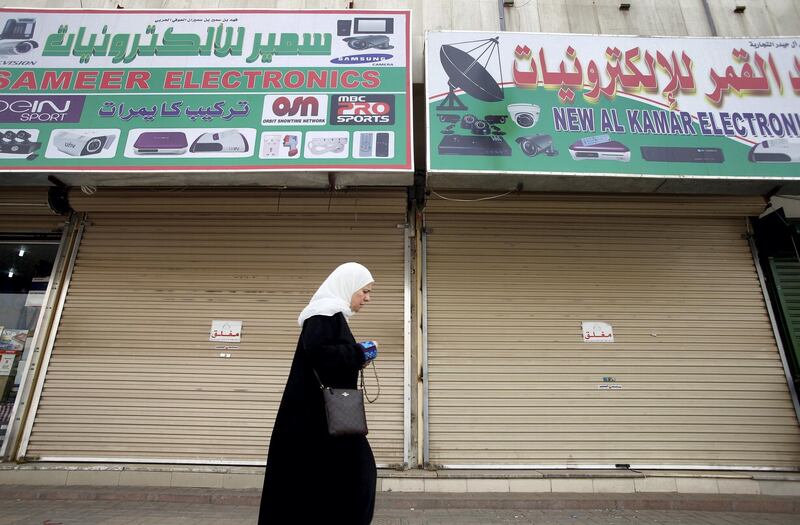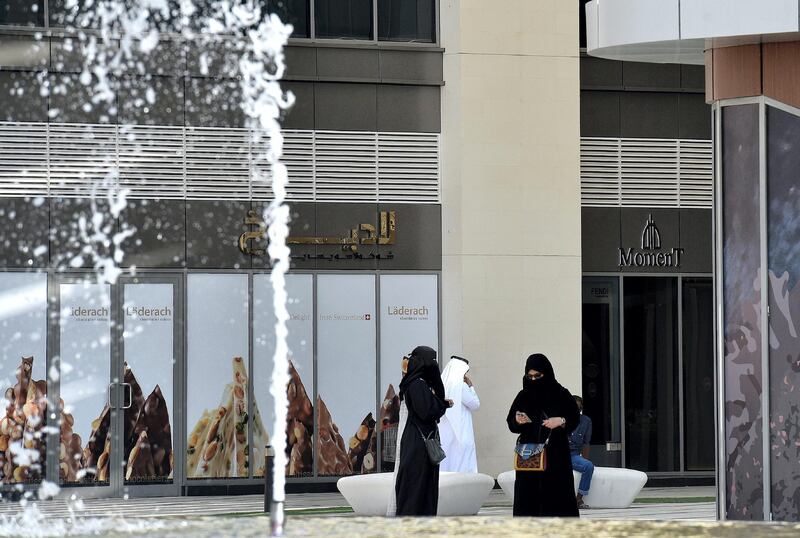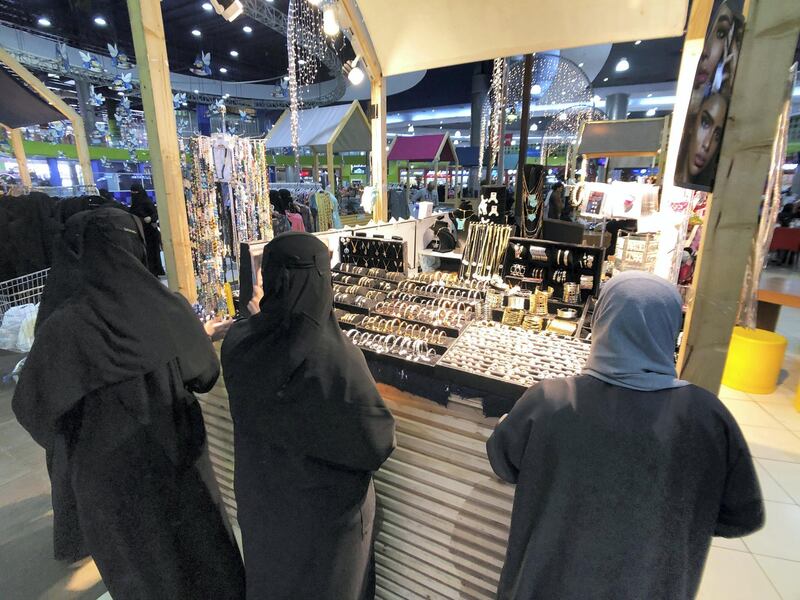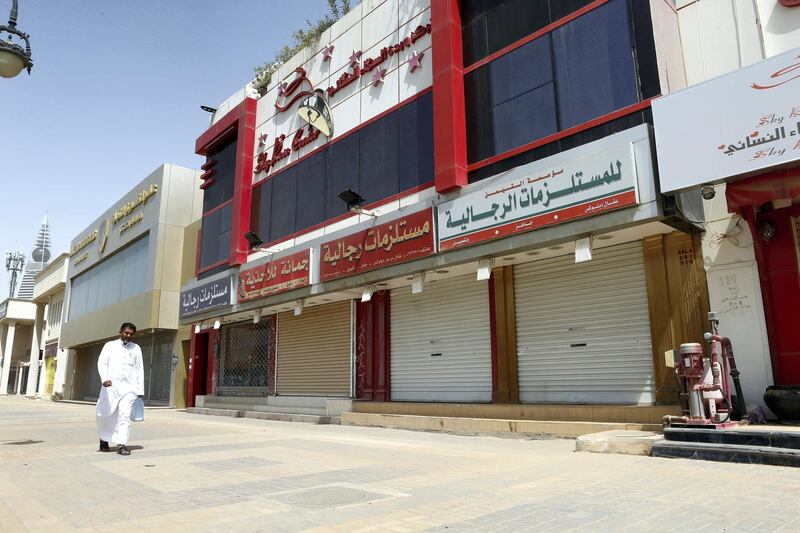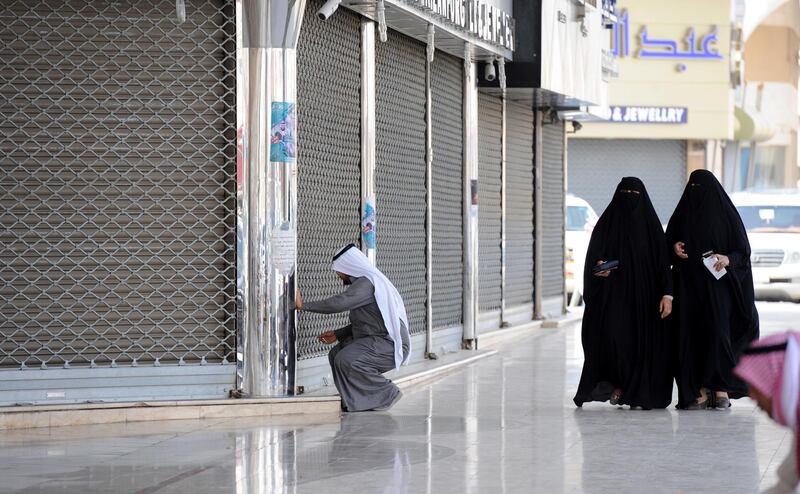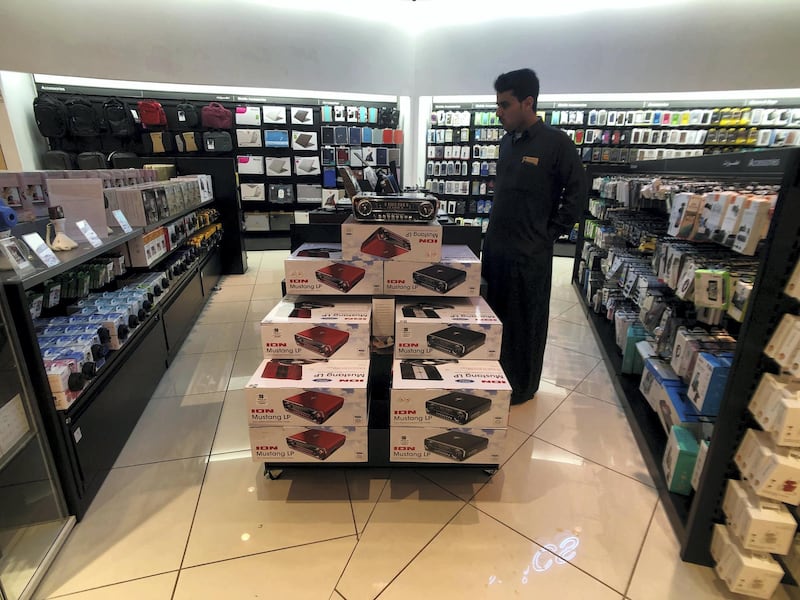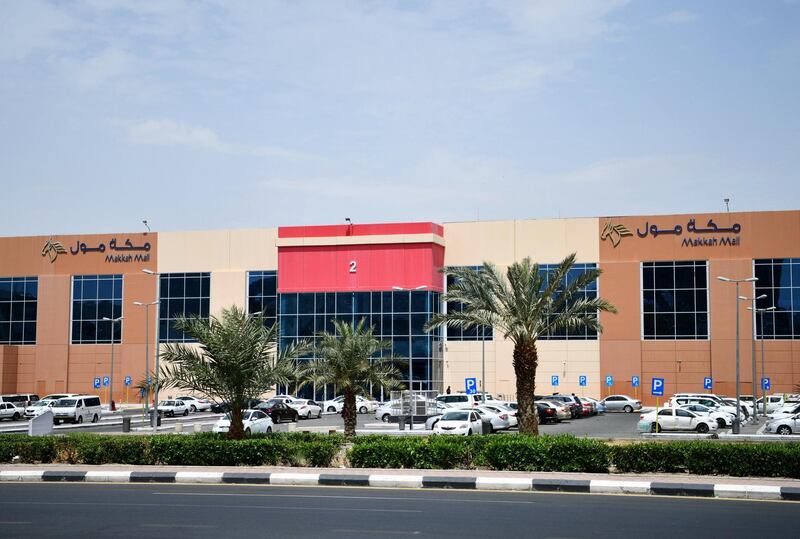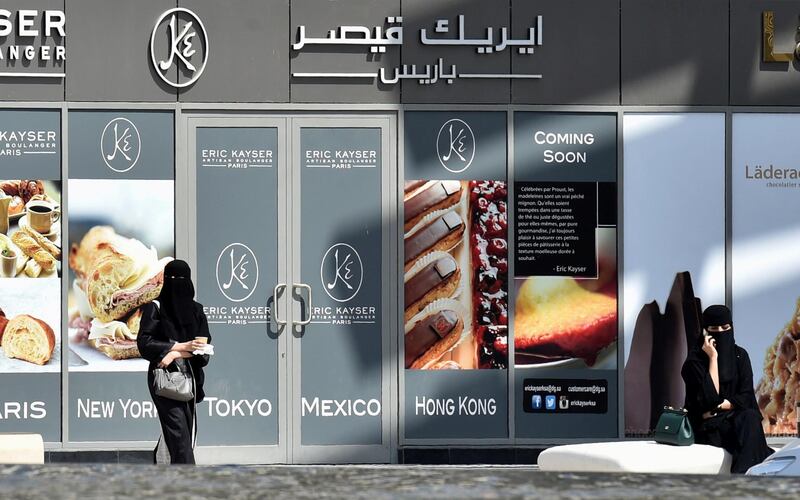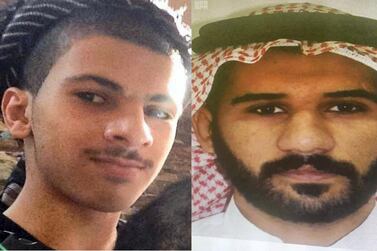Saudi Arabia said on Monday that shops and businesses will be allowed to stay open for 24 hours from January 1.
The move is part of the reform plans to prepare the biggest Arab economy for a post oil-era.
"Allowing commercial activities to function 24/7 will contribute to providing commodities and services to residents around the clock and will enhance the quality of life in cities," Majed Al Qasabi, the acting Minister of Municipal and Rural Affairs, said on Monday.
Business owners will be required to apply to the relevant municipalities for a licence to stay open.
According to the guidelines, cameras must also be installed for the licence to be issued, the ministry said.
Companies wishing to take advantage of the new rules must pay about Dh98,000 in fees. Pharmacies, petrol stations, hotels and resorts are exempt.
The decision was passed by the Saudi Cabinet last July but needed the approval of the Ministry of Municipal and Rural Affairs.
Businesses in the kingdom are required to close five times a day during prayer times. It remains unclear if the new rules will change this.
Since 2016, Crown Prince Mohammed bin Salman has pushed through social and economic reforms as part of plans to modernise the kingdom and attract foreign investment.
Hussein Ibish, senior resident scholar at the Arab Gulf States Institute in Washington, says the reforms have been broadly popular, particularly among the country's younger citizens.
"Mohammed bin Salman is a very young man himself, and in many ways embodies a necessary generational change in Saudi politics, norms and expectations," he said.
The region will continue to look to Saudi Arabia "as a leading country because it's still true that the traditional centres of Arab international influence such as Cairo, Baghdad and Damascus are in no condition to play the kind of Arab leadership role they traditionally did," Mr Ibish said.
"This role is mainly being played by a number of Gulf Arab countries, especially Saudi Arabia, but also the UAE," he said.
As the G20 summit is coming up next year the kingdom will likely make additional economic and social reforms, Samuel Ramani, a doctoral researcher in international relations at the University of Oxford, told The National.
"Crown Prince Mohammed bin Salman sees this gathering as an excellent opportunity to showcase Saudi Arabia's more modern image," he said, adding "economic reform needs to be combined with greater international confidence in the kingdom's economic path."
